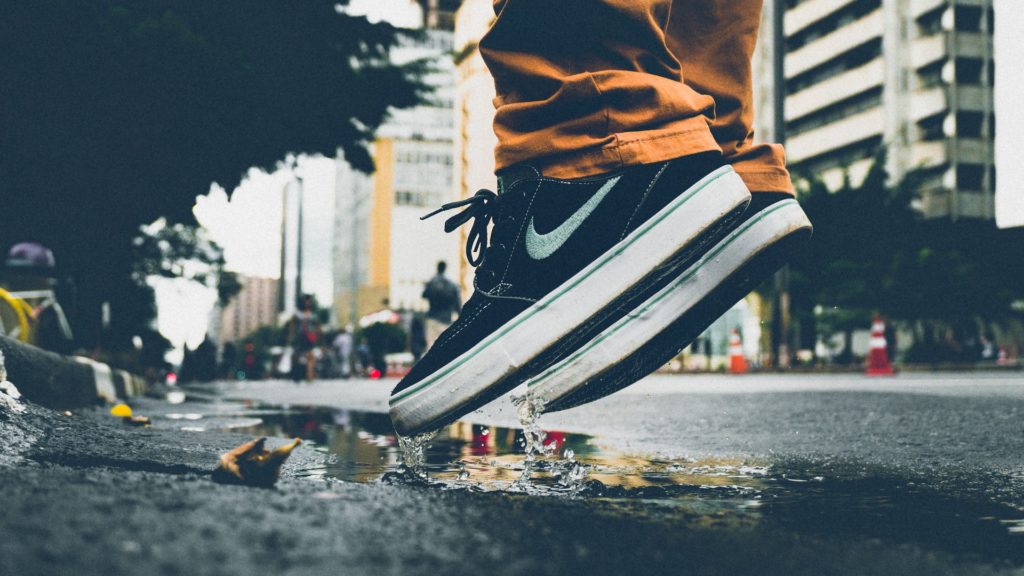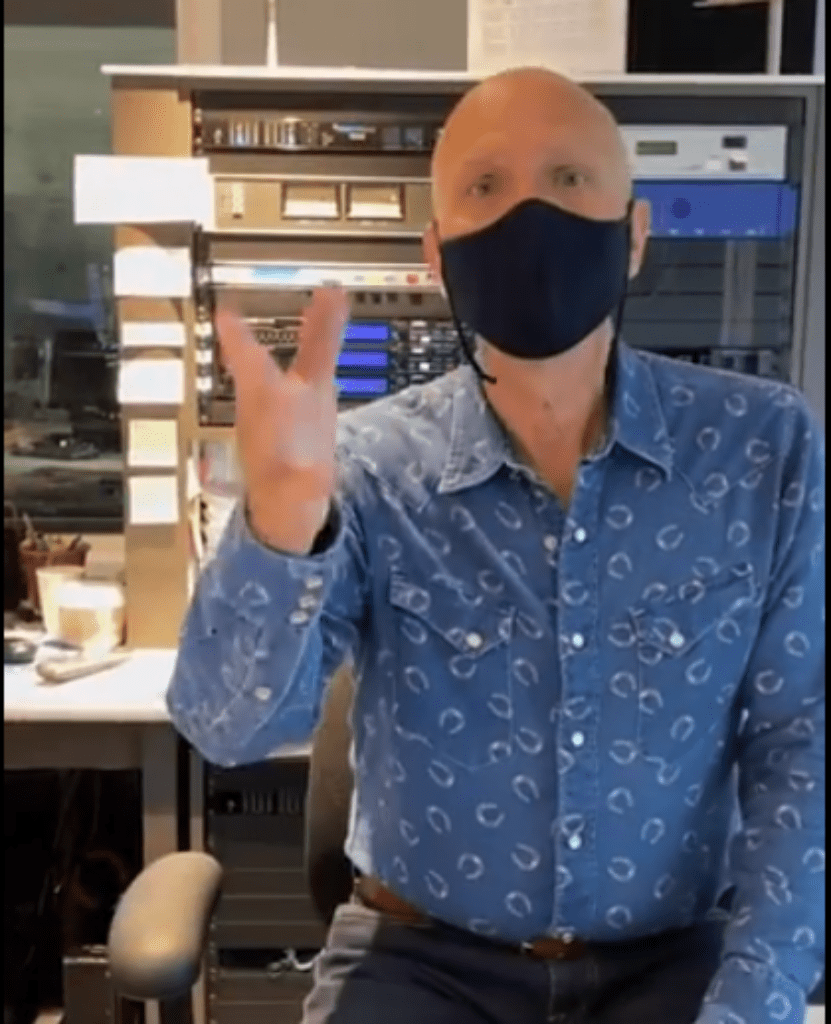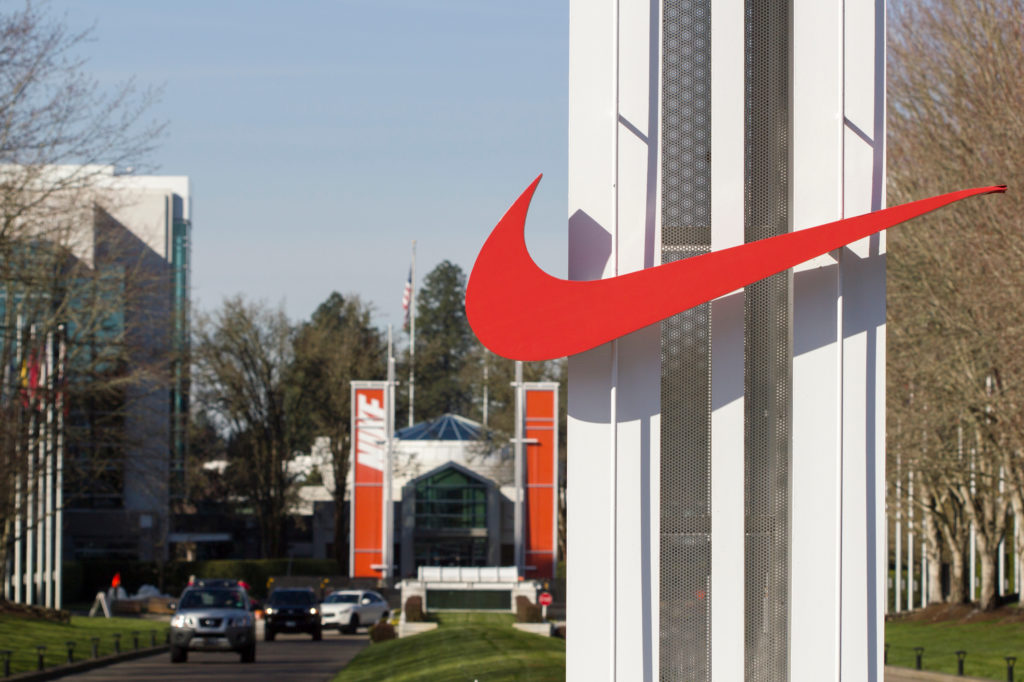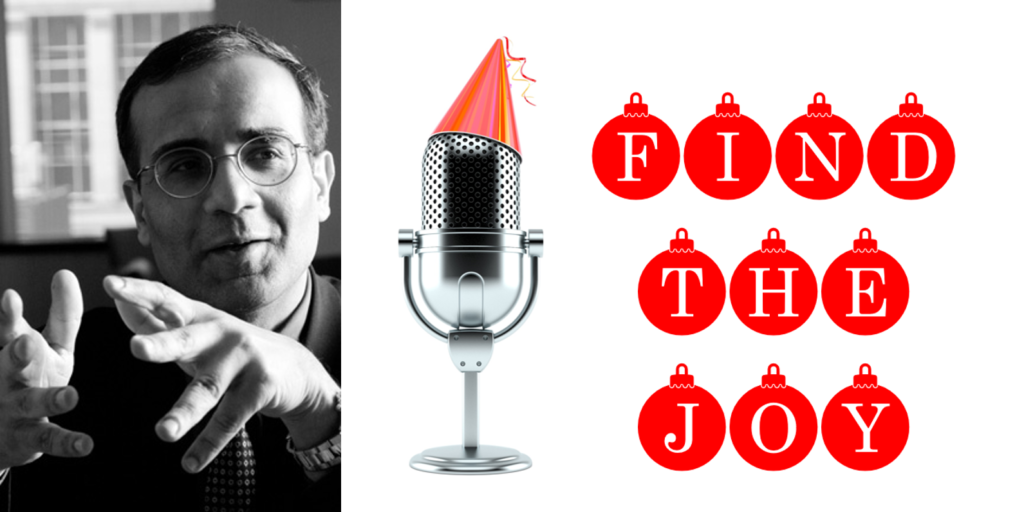
Welcome to the new workweek.
Now go home.
In what is becoming a mini-trend in corporate America, the concept of a free week off to decompress – that is, no work – is being put into place by companies that include Hootsuite, LinkedIn, and Bumble (a dating app). According to a story by CBS News reporter Caitlin O’Kane, Citi Group’s approach was to announce “Zoom Free Fridays.”
Now Nike is the latest to jump on board, instituting a week off this month, urging its corporate staff to “Just DON’T Do it.” The instructions from Mike Marrazzo, Nike’s senior manager of Global Marketing Science (What? You mean your company doesn’t have one of these?), emphasized doing no work, unwinding, and spending more time with families and loved ones for an entire week:
Of course, these moves are designed to help key employees navigate these “unprecedented times,” wrought by COVID-19.
It was fascinating to watch all the 9/11 coverage over the weekend. It was clear how this two decades-old event has shaped our lives, our policies, our foreign affairs, and our security these past 20 years.
It’s not much of a stretch to believe the pandemic will have some of the same reverberations – but in different ways, of course – for the next 20 years. The New York Times Sunday Magazine’s cover story yesterday asked, “What have kids lost?,” typifying the tectonic effects of COVID.
It’s a great question, but it’s hard not to see it through the lens of “What have we ALL lost?” during the past 18 months? At least the attacks on the Twin Towers were a one-day event where its effects subsided for many of us over the ensuing months and years.
COVID is the pandemic that keeps on raging, as bad in August in many parts of the country as it was during its ugly first wave during the fateful spring of 2020.
You can argue that we are now headed back to some semblance of normalcy. If Saturday was any indicator, millions attended college football games this past weekend, filling giant stadiums. Here in Michigan, a combined crowd of more than 178,000 saw the Wolverines play at “The Big House,” and MSU win big at Spartan Stadium. Pandemic? What pandemic?
 But the cumulative effects of COVID on workers is what Nike is recognizing. And it begs the question whether other companies should be considering similar moves designed to give employees a break, while making the suits look much more empathetic than usual.
But the cumulative effects of COVID on workers is what Nike is recognizing. And it begs the question whether other companies should be considering similar moves designed to give employees a break, while making the suits look much more empathetic than usual.
I know what you’re thinking – this would never happen in radio. But it could, and perhaps it should.
It’s no secret our air talent are stressed out. Last month’s AQ3 study confirmed what we all know – personalities carry around much pressure and angst, amplified during COVID.
But isn’t that the case throughout every station’s organizational chart? Programmers, salespeople, the digital team, the traffic director, and of course, station management are all feeling it, too.
And while we’ve had months on end to mentally adjust to this “new abnormal,” that doesn’t make it any easier to play through COVID’s effects as an unknown holiday season looms just around the corner.
Sadly, Nike’s humanitarian workplace gesture only included its corporate team, not the public-facing folks selling Airs and the thousands of other items that have become so wildly popular. A story in Business Insider a year ago reported that nine of the top ten best selling athletic shoes featured the Nike swoosh.
So, why not give everybody the same perk, rather than propagate a caste structure within a massively successful company?
And that bring us to radio. Putting aside whether a corporate type would even entertain such a thing, could it even be done at the typical station?
Not during the same week. But staggered over four weeks during a month – it’s perfectly doable. With careful planning, no one is so indispensable a station couldn’t get along without them for a week. After all, they all take vacations, don’t they?
But is the solution to a stressed-out staff addressable with a week off, or is it something bigger than that?
Nike, LinkedIn, and others are showing some empathy to their workforce (or at least part of it), displaying Emotional Intelligence at this difficult time for so many people. The stress is seemingly never-ending, whether it’s about families (especially young kids), the obvious health issues, the economy, jobs, politics, and leisure time.
Thought leader and all-around media guru, Rishad Tobaccowala, refers to it as “employee joy.”  Given the tumult caused by the disruption of COVID, a sizable percentage of the global workforce is considering walking away from their jobs.
Given the tumult caused by the disruption of COVID, a sizable percentage of the global workforce is considering walking away from their jobs.
So, what are the best ways to address these employee needs? Rishad lists compensation, power (autonomy), connectedness (to bosses, colleagues, and customers), and the potential for growth as pathways to generating a greater sense of worker happiness.
But it’s the expression of employer purpose – that is the values and culture of the company – that really resonates, especially for broadcasters focused on the long haul. Rishad notes that purpose plays a key role in many career decisions, especially among younger workers in the enterprise.
Think about the Millennials and Gen Z’s who work inside your building. Chances are they’re especially sensitive to company style but also substance. To Rishad’s thinking, it’s about how the station (or company) actually behaves rather than the hollow words of the “Mission Statement,” tacked on the wall in the kitchenette.
As he aptly describes it, “culture is what happens when nobody is looking.”
It isn’t about a week off (although wouldn’t that be nice?). It is about managers recognizing their employees as individuals – the one who needs a day off, the one who would really love a weekend at that luxury hotel downtown, the one who would treasure a spa day, the one who would love a pair of tickets to a local sporting event, or the one who could simply use a hug.
It about treating staffers like the unique people they are, valuing their contributions and recognizing their accomplishments and sacrifices.
And bring them some joy.
- Media And Technology In 2025: Believe It Or Not! - April 18, 2025
- In Radio, You Just Never Know - April 17, 2025
- The Secret To Making A Great Podcast (And Great Radio) - April 16, 2025




“Sadly, Nike’s humanitarian workplace gesture only included its corporate team, not the public-facing folks selling Airs and the thousands of other items that have become so wildly popular.”
I’m sure they didn’t give their sweatshops that make the sneakers the week off either.
Brands that profess to care about Mental Health and only give time to well paid executives without taking care of their frontline workers aren’t helping the cause. They are just being hypocrites.
But then again, I would expect nothing less from the company that even though they make a large portion of their profits from black consumers, use African American athletes as endorsers and issued a “strong” statement of support for BLM last year, had no African Americans on their leadership team.
Your suggestions at the end are excellent and I’ve had several managers over the years recognize the well timed restaurant certificate or pair of tickets was a simple but effective way to show appreciation. Unfortunately things are tighter in a cooperate world but the idea of lightening the burden is something we should all act on. Thanks for brining this into the spotlight.
Nike could have thought of that as well. Instead they just thought about the PR bonanza.
Mike, I can’t agree with you more. I had the same reaction when I read the story – why just the executives?
They may have gotten good PR, you have to believe the rank & file read the story and got more pissed off at the company. Thanks for the comment.
A company I worked for in the early ’90s tried doing a ‘paid day off’ for the sales and production staff, and booked a bus trip into a major Northeast city for some fun and games. I misinterpreted the outing literally as a PAID DAY OFF and stayed home, not having been informed the bus trip was mandatory. I got yelled at and lost a vacation day for my ignorance of the event. It was a moment right out of “The Office” TV show, only it was real.
Forgive my honesty, but the last people I want to spend the day with are the folks I always spend the day with inside a pressure cooker. Between that and a few other bursts of managerial stupidity, I left about 8 months later.
I totally get it. And the Nike philosophy would be to your liking because it stresses getting away from it all – the station, the building, your co-workers.
Your story is a great episode for “The Office,” or even yet another reboot of “WKRP.” Thanks for writing.